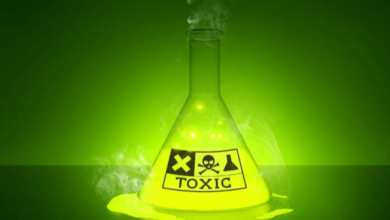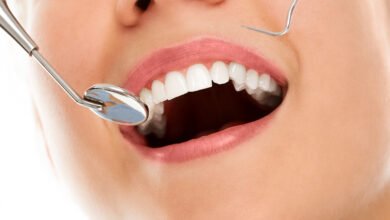How Do You Know When It’s Time to Seek Professional Help for Addiction?

Addiction can lead to the neglect of personal health, hygiene, and overall well-being. If you or a loved one has stopped caring about physical health, mental health, or self-care routines due to substance use, this is a significant warning sign. Many individuals struggling with addiction stop exercising, eat poorly or neglect medical appointments. Addiction treatment addresses these areas by helping individuals restore their health and establish positive habits.
Neglecting health is often a sign that the addiction has taken over, making it difficult to prioritize self-care. Seeking addiction treatment can provide the structure needed to focus on both recovery and wellness.
Increasing Risky Behavior
Addiction often leads to risky behaviors, such as driving under the influence, engaging in unsafe sexual activities, or spending large amounts of money on substances. These behaviors affect not only the individual but also those around them. If you find yourself taking unnecessary risks or acting impulsively to feed your addiction, it’s time to seek professional help. Addiction treatment helps individuals regain control over their decision-making abilities and reduce harmful behaviors.
Risky behavior is a common consequence of addiction, and ignoring these warning signs can lead to legal, financial, or health-related issues. Addiction treatment provides the tools needed to make safer choices.
Isolation and Withdrawal from Social Circles
Addiction can cause individuals to withdraw from their social circles, leading to isolation and loneliness. Friends and family may distance themselves due to the individual’s behavior, or the person struggling with addiction may isolate themselves to hide their substance use. If you’ve noticed a growing distance between yourself and your loved ones, this could be a sign that your addiction is affecting your social life. Addiction treatment focuses on rebuilding healthy relationships and fostering a strong support system.
Isolation can make addiction worse, as it reduces the opportunity for external support. Addiction treatment helps individuals reconnect with others and rebuild trust within their relationships.
Read also: Treatment Options for Undescended Testicle: What to Expect in Dubai
Mental Health Struggles
Many individuals with addiction also struggle with mental health issues such as depression, anxiety, or mood swings. If you notice that your substance use is exacerbating these feelings, or if you’ve turned to substances to cope with emotional pain, it’s a sign that professional help is needed. Addiction treatment often involves dual-diagnosis care, addressing both the addiction and any co-occurring mental health disorders to promote overall well-being.
Substance use can worsen underlying mental health conditions, creating a cycle that’s difficult to break without professional intervention. Addiction treatment provides the comprehensive care needed to address both issues simultaneously.
Denial of the Problem
Denial is one of the most significant barriers to seeking addiction treatment. Many individuals struggling with addiction may downplay the severity of their substance use or insist that they can quit on their own. However, if loved ones are expressing concern or if you’re making excuses to justify your behavior, it’s time to take an honest look at your situation. Addiction treatment helps individuals confront the reality of their addiction in a supportive and non-judgmental environment.
Acknowledging the problem is the first step toward recovery, and professional addiction treatment provides the tools and guidance needed to move forward.






